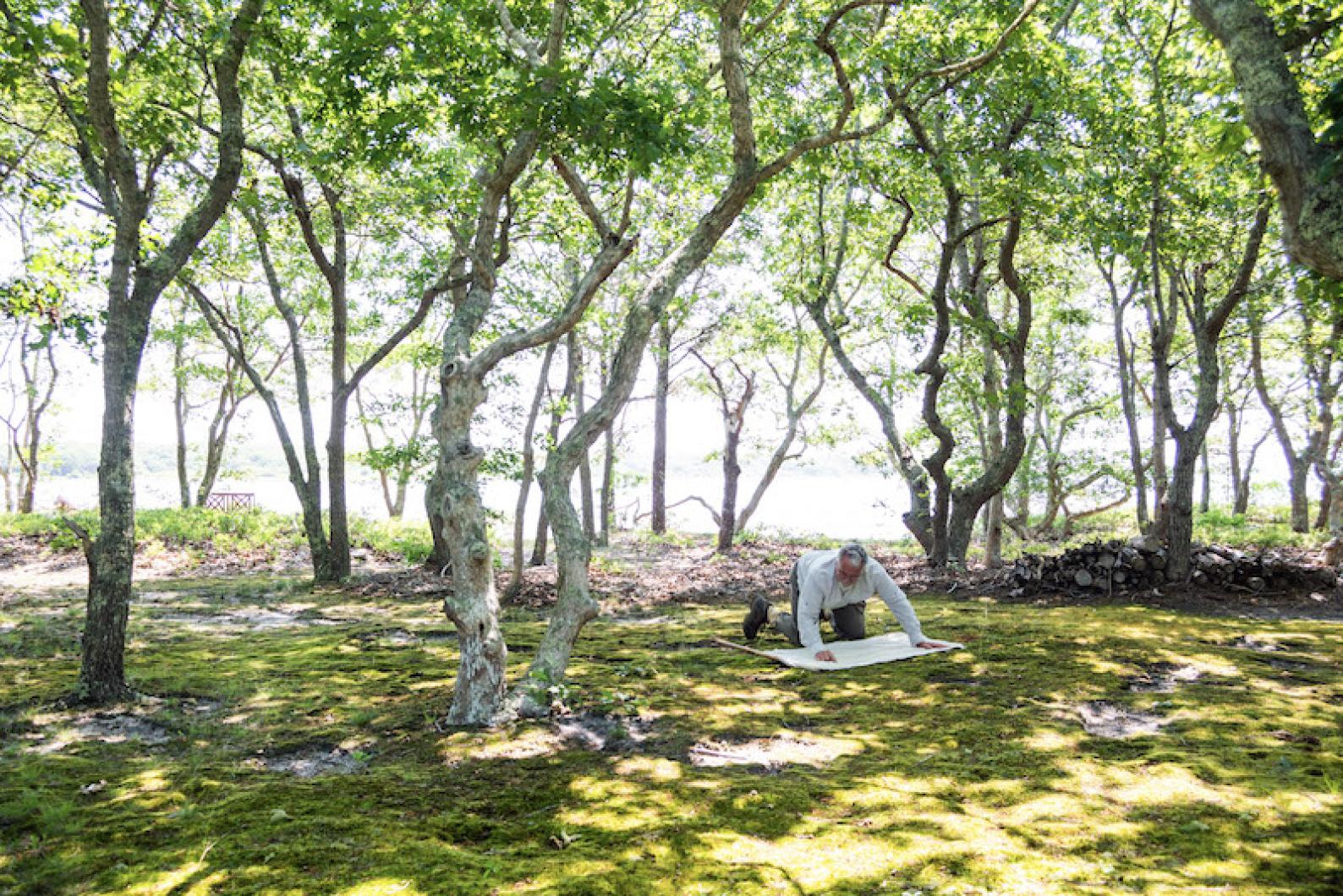A far-reaching, first-of-its kind public health initiative is set to be launched on Martha’s Vineyard and Nantucket that among other things aims to tackle the work of better documenting and reducing tick-borne illnesses and substance abuse, both considered at epidemic levels on the two Islands.
The initiative is thanks to a new $300,000 state grant that will pay for a health inspector, a wildlife biologist and a community health worker/epidemiologist to be shared by the seven towns on the two Islands. The funding comes through the Public Health Excellence Grant program, administered by the State Department of Public Health (DPH).
The initiative will be called the Inter-Island Public Health Excellence Collaborative, and on the Vineyard will involve the six Island boards of health and Island Health Care, the federally qualified community health center here.
“This is a groundbreaking grant, bringing the two Islands’ public health functions together for the first time,” according to a press release announcing the grant released Wednesday by the Massachusetts Association of Boards of Health (MABH).
In a telephone interview with the Gazette, Michael Hugo, a government affairs liaison for the MABH, said all the money will go toward the three staff positions. Advertising for qualified candidates has begun. Preference will be given to Island applicants. A second, $300,000 grant that will further the work is in the pipeline and likely to be approved, Mr. Hugo said.
“It’s huge, it’s deserved, your workforce in public health is over extended, over taxed,” he said.
He said state officials have long seen a need to better track the growing inci dence of tick-borne illnesses and sky-high rate of substance abuse on the Islands — naming just two of the core needs.
“It’s sort of been all eyes on Martha’s Vineyard,” Mr. Hugo said.
But until now there had been no funding for staffing.
The new health inspector position will primarily be for the Vineyard, Mr. Hugo said, since Nantucket already has adequate health inspector services. The wildlife biologist will be responsible for tracking ticks and tick-borne illnesses, mosquitoes and cyanobacteria on both Islands, he said. The third position will be a population health specialist with a background in epidemiology, also to work on both Islands, he said. “There is going to be a stringent reporting requirement — we need metrics and you guys need it more than anyone,” Mr. Hugo said, referring to a high incidence of substance abuse, rising suicide rates and other social ills.
Technical assistance will be provided by the MABH, under contract with the state Department of Public Health.
Mr. Hugo spoke in detail about the genesis of the grant, which he said had been in the works just prior to the pandemic outbreak across the U.S.
In mid-February 2020, some small public health grants had become available, and Megan Lancaster, health agent in Oak Bluffs and a member of the board of health in Edgartown, had contacted his association to inquire about a $28,000 planning grant. “She was backed up and didn’t have a minute to spare, so I jumped in and wrote the grant,” said Mr. Hugo, who came to the Vineyard to meet with health agents. At the time Covid-19 was an early dawning reality. An Edgartown couple had just returned from a cruise on the Diamond Princess and were in quarantine in their home.
“Most of our discussion wound up being not about the grant — it was about what should we do about that,” he recalled.
In the end it was decided that a small grant could be put toward the woefully under-funded tick-borne illness reduction initiative begun years ago by the boards of health.
“Then suddenly it was mid-summer and we learned that the state senate had inserted $10 million into the budget for the first time, earmarked for local boards of health,” Mr. Hugo recounted. “It got signed into the budget, and we had to decide . . . how do we equitably distribute this around the state?”
The end result was a series of 30 grants at $300,000 apiece, with extra money set aside for administration.
And Mr. Hugo went to bat for the Vineyard and its six boards of health.
“Although a great amount of sharing goes on among the six towns, there’s always there this divergence of opinion about how funds should be spent, and the Island has always been seen that way,” he said. “I approached [the state] and said I’m going to work with this group on the Vineyard . . . they were intrigued.” He continued:
“Martha’s Vineyard is really textbook for why health departments need cooperation and sharing. The issues we are tackling are difficult issues, but when the rubber met the road there was unanimity among all the boards. The synergy was wonderful — everybody was on the same page.”
Nantucket will act as the fiscal agent for the new collaborative, he explained, while Island Health Care will take a lead administrative role on the Vineyard.
In the press release Island Health Care CEO Cynthia Mitchell took special note of the partnership with the boards of health that dates to 2018 for public health nursing services, wellness programs, “and perhaps most significantly, critical pandemic response including widespread asymptomatic Covid drive-through testing, contact tracing and vaccine distribution and outreach.”
Roberto Santamaria, public health commissioner for Nantucket also hailed the news.
“We are very proud and thrilled to be a part of the public health excellence program. We expect to build bridges between the two Islands,” he said in a statement.
For more information or to apply for one of the three new positions, email InterIslandPHEC@gmail.com or contact your town health department for a job description.







Comments (3)
Comments
Comment policy »